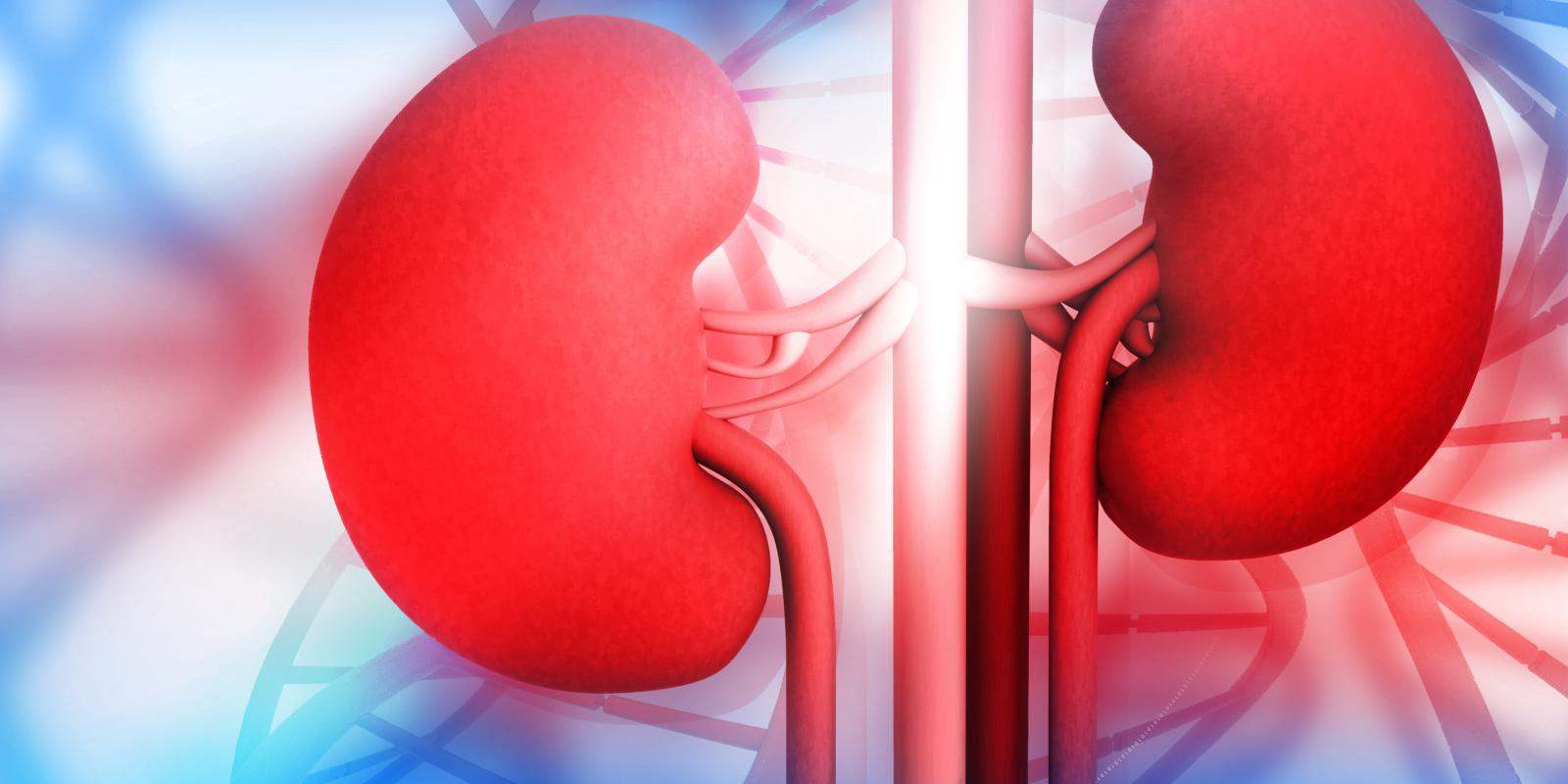
Kidney disease occurs when the kidneys lose their ability to effectively filter waste and excess fluids from the blood. This can result from chronic conditions like diabetes, hypertension, glomerulonephritis, or polycystic kidney disease (PKD). The progression of kidney disease is categorized into five stages, with end-stage renal disease (ESRD) requiring dialysis or transplantation for survival.
Challenges
As research progresses, what was once considered a terminal condition is increasingly becoming a chronic disease that patients can live with, rather than die from.Medication regimens can be overwhelming, with pills to control blood pressure, manage phosphorus levels, and address anemia. Perhaps most daunting is the psychological toll – the anxiety of declining health, the grief over lost independence, and the uncertainty of waiting for a transplant that may never come.
Modern nephrology offers unprecedented hope through innovative treatment approaches. Breakthroughs in dialysis technology, including portable and wearable artificial kidneys, promise greater freedom for patients. Transplantation outcomes continue to improve with better immunosuppressive drugs and paired donor exchange programs. Cutting-edge research into regenerative medicine, including stem cell therapies and bioartificial kidneys, may one day make dialysis obsolete. The treatment perspective is shifting toward personalized care – genetic testing helps predict disease progression, while advanced biomarkers allow for earlier intervention. Perhaps most importantly, the medical community now recognizes the vital role of holistic care, integrating mental health support, nutritional counseling, and patient education into treatment plans. This comprehensive approach transforms kidney disease from a life sentence to a manageable condition, empowering patients to maintain quality of life despite their diagnosis.
Living with Kidney Disease: Navigating Challenges with Knowledge and Support
Kidney disease, whether acute or chronic, profoundly impacts every aspect of life—physically, emotionally, and socially. The kidneys, two bean-shaped organs responsible for filtering waste, balancing fluids, and regulating blood pressure, can lose function due to conditions like diabetes, hypertension, glomerulonephritis, or genetic disorders such as polycystic kidney disease. In early stages, symptoms may be subtle—fatigue, swelling in the ankles, or changes in urination—making awareness and early detection critical. As kidney function declines, patients may face anemia, bone weakness, fluid retention, and cardiovascular complications. Managing the disease often requires strict dietary modifications (limiting sodium, potassium, and protein), blood pressure control, and medications to slow progression. For those with end-stage renal disease (ESRD), treatment options include dialysis—hemodialysis or peritoneal dialysis—or kidney transplantation, each with its own lifestyle adjustments and challenges.
Beyond the physical toll, kidney disease carries a significant emotional burden. Patients often grapple with anxiety about their future, frustration over dietary restrictions, and the demanding routines of dialysis. Depression is common, exacerbated by fatigue and the loss of independence. Family members and caregivers also face stress, particularly when balancing caregiving with daily responsibilities. However, with the right support system—nephrologists, dietitians, mental health professionals, and patient communities—individuals can reclaim agency over their lives. Practical strategies, such as meal planning, gentle exercise, and stress-reduction techniques (like meditation or support groups), can improve quality of life. Advances in treatment, including home dialysis options and improved transplant protocols, offer greater flexibility and hope. Advocacy and education are equally vital; understanding one’s condition empowers patients to collaborate with their healthcare team, adhere to treatment plans, and advocate for their needs. While living with kidney disease is undeniably challenging, resilience, adaptability, and a proactive approach can help patients not just survive, but thrive.
